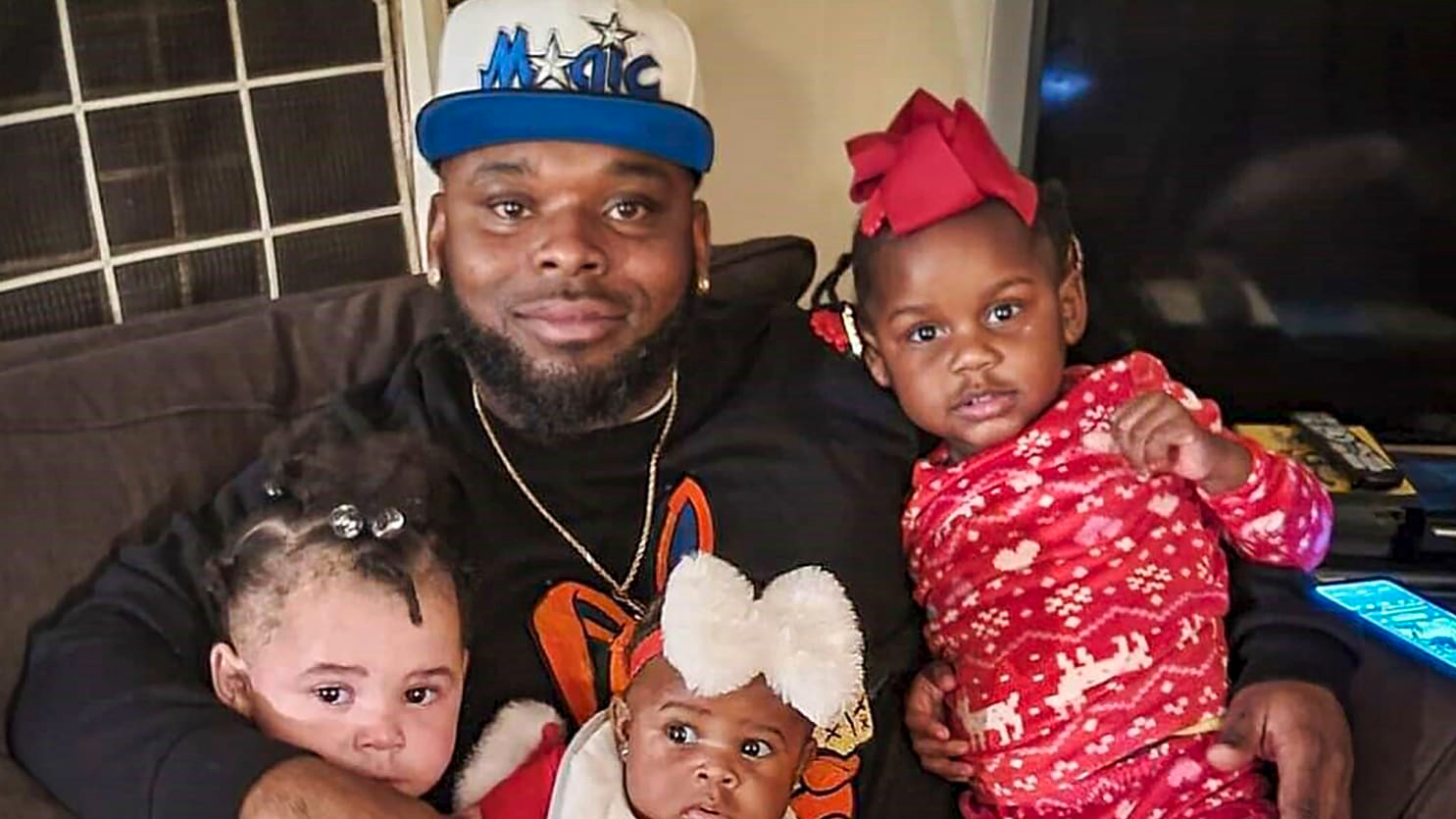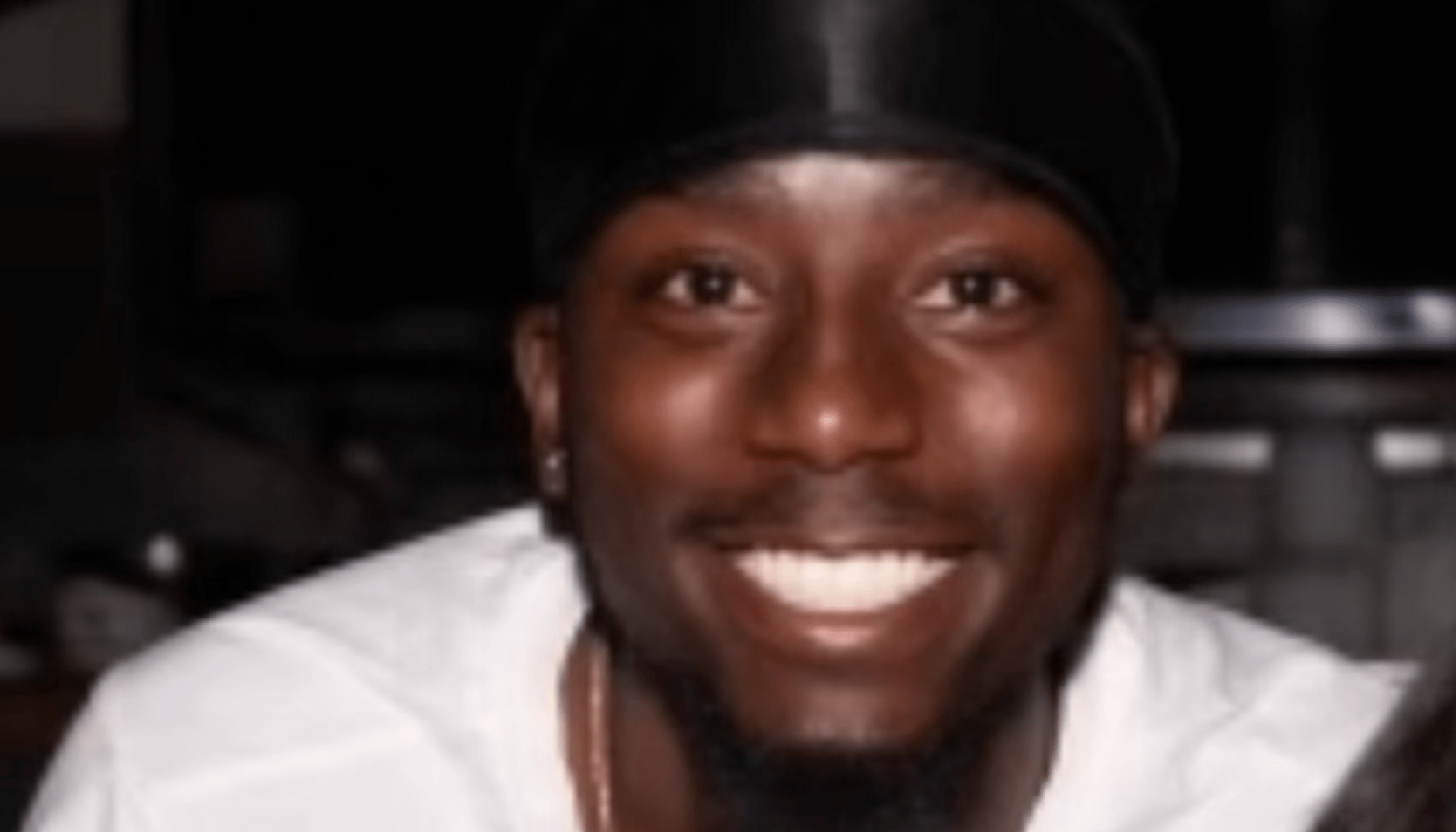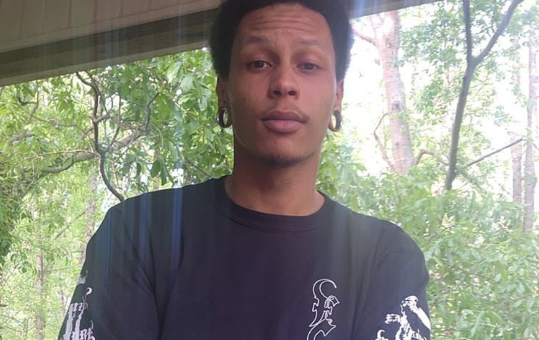Freedom Summer: Witnesses To History
Share the post
Share this link via
Or copy link
Fifty years ago, a small group of young people—white and Black—set out to push the cause of civil rights in the South. They boarded buses from the college campuses of northern cities to head south. Under threat of death, they walked door to door to register Black voters and established “Freedom Schools” to teach reading, civics and history to Black children. The campaign, which lasted 10 weeks, came to be called the Freedom Summer – one of the most significant events of the modern Civil Rights Movement.
NewsOne sat down with four people who participated in Freedom Summer, as volunteers and Freedom School students. They shared with us the sights and sounds of that summer as witnesses to history.
Bright Winn
Bright Winn is a retired plumbing contractor and avid bird watcher. During the summer of 1964, he was a college student and travelled to Mississippi to build Freedom School houses and other structures as part of the Freedom Summer campaign.
That summer I was a pink-cheeked college kid and not terribly mature but I knew the difference between right and wrong. Charles McLaurin came to my campus to speak about voter registration and civil rights. It was an opportunity to go down and right a wrong, so I signed on.
Volunteers had training at Miami University in Oxford, Ohio. A group of lawyers came and presented seminars and classes on what we were to expected to do. There were less than 1,000 students there that participated over the course of a couple of weeks. I came in the second week. The three volunteers that would later be killed, Chaney, Goodman and Schwerner – were in the first group.
Coming from San Francisco, the South was atrociously hot. I’d never lived like that in my life. We didn’t sleep well. I slept my first week at the Freedom House. We had to ply the windows at night to protect from firebombs, and that was in a totally unairconditioned place. You can’t imagine the fatigue from sleeping like that at night and walking door to door during the day. It zaps your strength.
I was a handyman. They told us to bring down our tools if we were tradespeople. I wasn’t yet a plumber but I was handy. So, I built bookshelves for the Freedom Schools, put in new doors, built makeshift desks. I even once made a bookcase out of an old outhouse.
“There was friendship and camaraderie but there was also tension. There was a degree of hostility between Black and white. The Black workers had a degree of resentment for the white workers. We were middle class, some upper middle class, and had never suffered. There were social mores that we didn’t understand.”
While in Mississippi, I in stayed the home of Mrs. Irene McGruder. There were three to five us staying there at any one time and we paid her $10 a week. For that we got a bed. We were to make our beds. She made “dinner” every day. In the South, dinner was your midday meal. The main meal in the evening was “supper.” Mrs. McGruder would fix dinner and leave it on the stove. There was always what she called “pan bread” that she made in a skillet. Most people today would call it cornbread. And she’d cook a meat – usually pork chops, hamburger, fried chicken and two or three vegetables. She was a good cook.
Mrs. McGruder was an old lady then and retired. She owned her own home and took in roomers. When our project director got to her, she said she’d rent to us. She knew doing so would make her a target but she knew the system was evil and had to be challenged. She was a brave woman and she paid the price for it. We lived there about nine months before her home was bombed.
There was friendship and camaraderie between workers but there was also tension. There was a degree of hostility between Black and white. The Black workers had a degree of resentment for the white workers. We were middle class, some upper middle class, and had never suffered. There were social mores that we didn’t understand. There were things that we did and said that were offensive to Black people. We were cohesive, though, around the violence. We were all young and scared shitless but we didn’t ever really get over our personality and social differences.
Zellie Rainey Orr
Zellie Rainey Orr is a researcher, historian and author whose work focuses on World War II and Black aviation history. During the summer of 1964, she participated as a Freedom School student.
I was 13 years old in 1964. That summer, volunteers entered my hometown of Indianola Mississippi. There was an excitement in the air. Of course, there was a lot of fear but I remember how exciting it all was. Leaflets and invitations to attend the volunteers’ mass meetings started going around. I had some older friends who were going to attend. Being 13, I decided to join in too.
“The Freedom School experience was extraordinary. It was my first time seeing books that had Black people in them, books written by Black people.”
I remember the mass meetings well. Few churches would allow the volunteers to meet in their buildings because a lot of the ministers didn’t want to get involved. As a result, we’d meet at what we called the Old Baptist School. It was a small building that was used as a school back when my parents were children. We’d meet once a week and when you got there it was like church. There was singing. We’d sing old gospel songs but give the words a civil rights twist, and there’d always be a speaker.
The Freedom School experience was extraordinary. It was my first time seeing books that had Black people in them, books written by Black people. I’d been writing poetry and plays since I was about 8 years old. When I went to the Freedom School, one of the teachers read my poetry and told me I was talented. Had I not met her, perhaps I would have never attempting a career in writing.
Donna Henes
Donna Henes is an urban shaman, ritual expert, author and public speaker. During the summer of 1964, she was a college student and registered voters as a Freedom Summer volunteer.
That summer, I’d just finished my freshman year at Ohio State University. Being something of a free thinker and a progressive, I was very isolated there but it was the only place I afford to go and I had a scholarship. I was on the student senate, which was a very big deal at the time and I was appointed human rights commissioner of the campus. Early on, I would stage set ups where I’d send students, Black and white, to rooming houses to prove cases of discrimination. If they’d deny housing to Black students, we’d have them taken off the college list of approved housing.
Eventually I heard about the Freedom Summer and voter registration efforts. I lived in a rooming house at that time and one of the other girls there was African American. We were good friends and decided to sign up together.
“After that summer, I brought my fellow volunteer home to Cleveland and you know, even after all of that, it was very uncomfortable to have her in my mother’s apartment.”
I remember we’d just go door to door trying to convince people to register to vote. There was one that really sticks out. I was knocking on a door and this girl answered. She was just covered in children. There had to be about five or six on and around her. I went through my whole spiel and she looked at me and said, “I can’t vote. I’m not old enough.” We had to be about the same age. 18 or 19. She didn’t know she could vote.
After that summer, I brought my fellow volunteer home to Cleveland and you know, even after all of that, it was very uncomfortable to have her in my mother’s apartment. It was really intense. We lost touch soon after but she did give me a spaghetti recipe that I haven’t forgotten. She put sugar in her tomato sauce to cut the acid. I don’t actually do it but I always think of her whenever I make spaghetti.
Arelya Mitchell
Arelya Mitchell is a journalist and publisher. In 1964, she participated in the Freedom Summer campaign as a Freedom School student.
My father, W.B. Mitchell, was head of the business department at Rust College and he helped to bring in Freedom Summer workers to the school. Across the street, there were two houses that belonged to the school and that’s where they put the Freedom School. Most of the time, we were on campus sitting under the trees and just talking.
My experience probably isn’t like many others that you’ll hear from children who attended the Freedom Schools because the community in which I lived was so different. My father was a professional. Many of the families in my neighborhood were educated and the parents were professionals – doctors, lawyer, undertakers.
“Another thing I will never forget from that summer was when the three civil rights workers went missing….When they were finally found, I just remember all of this rage I felt – mostly because of how brutally they were killed.”
That summer, however, I began to realize the separation in our society. We children were in the transitional period. As we were growing up, things were happening around us.
I was editor of the student newsletter at the Freedom School and wrote for it. I remember lambasting the mayor, calling him a “racist. “ He personally called our neighbor at the time, Ms. Hearns, who was a schoolteacher, to complain and she told my mother. I didn’t stop though.
Another thing I will never forget from that summer was when the three civil rights workers went missing. I remember my father showing me Newsweek articles on their disappearance and, of course, the volunteers talked about it. I didn’t think anything had happened to them. My father would tell me though that he believed they were dead. When they were finally found, I just remember all of this rage I felt – mostly because of how brutally they were killed.
Fifty years later, it’s clear that Freedom Summer was a pivotal moment in the modern Civil Rights Movement, and one that had a tremendous impact. Volunteers built dozens of Freedom Schools and aided in an estimated 17,000 Black Mississippians attempting to register to vote. In the end, nearly 1,600 registered successfully.
Related Tags
Black History Civil Rights Freedom Summer History Interview Mississippi PBS voter registration voting









